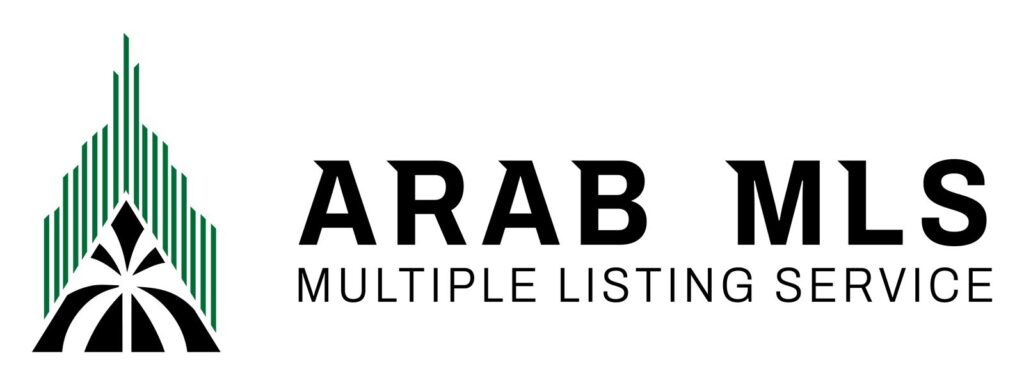As digital platforms continue to shape the real estate industry, ensuring accessibility for all users, including those with disabilities, has become both a legal and moral imperative. Multiple Listing Services (MLS) platforms, which serve as the backbone of property listings and real estate transactions, must evolve to meet established accessibility standards and provide an inclusive experience.
Why Accessibility Matters in MLS Platforms
Accessibility in technology ensures that everyone, regardless of their physical or cognitive abilities, can access and benefit from digital content. For MLS platforms, this means that homebuyers, renters, real estate agents, and developers with disabilities can interact with the listings, tools, and services without barriers.
There are several compelling reasons to prioritize accessibility:
-
Legal Compliance: In the United States, the Americans with Disabilities Act (ADA) and Section 508 of the Rehabilitation Act require digital content to be accessible to people with disabilities. Lawsuits against non-compliant websites are becoming increasingly common.
-
Market Reach: According to the World Health Organization, over 1 billion people globally live with some form of disability. Inclusive design opens your platform to a broader audience.
-
User Experience: Accessible platforms offer improved usability for all users, including those using mobile devices, slow internet connections, or temporary impairments.
Key Accessibility Standards and Guidelines
Implementing accessibility involves adhering to widely recognized guidelines and standards:
-
Web Content Accessibility Guidelines (WCAG) 2.1: Developed by the World Wide Web Consortium (W3C), these guidelines cover four main principles — Perceivable, Operable, Understandable, and Robust (POUR).
-
ARIA (Accessible Rich Internet Applications): ARIA roles and attributes help screen readers and other assistive technologies interpret dynamic content more effectively.
-
Section 508 Standards: These apply to federal agencies and their contractors, and they align with WCAG 2.0 Level AA standards.
Accessibility Challenges in MLS Platforms
MLS platforms often include rich, dynamic content such as interactive maps, image galleries, and filtering tools. These elements can pose specific accessibility challenges:
-
Image Accessibility: Listing photos need alt text or descriptive captions for users relying on screen readers.
-
Interactive Forms and Filters: Search filters must be navigable via keyboard and labeled appropriately for assistive technology.
-
Map Integrations: Real estate maps should provide alternative text-based property navigation or descriptions.
-
Color Contrast and Text Size: Ensure that text is readable and distinguishable, especially for users with visual impairments or color blindness.
-
Video Content: Any video walkthroughs must include captions and/or transcripts for users who are deaf or hard of hearing.
Strategies for Implementation
-
Accessibility Audits: Conduct regular audits using tools like WAVE, Axe, or Lighthouse to identify and address accessibility issues.
-
Inclusive Design Practices: Build accessibility into the development process from the start, rather than retrofitting later.
-
Developer Training: Ensure that designers and developers understand WCAG standards and best practices.
-
User Testing with Assistive Technologies: Involve users with disabilities in testing to uncover real-world usability issues.
-
Continuous Monitoring: Accessibility is not a one-time fix. Monitor and update platforms as content and technologies evolve.
Benefits Beyond Compliance
While compliance is important, the true value of accessibility lies in creating a better, more inclusive user experience. Accessible MLS platforms:
-
Enhance SEO performance due to cleaner, semantic HTML.
-
Improve overall site usability for everyone.
-
Demonstrate a commitment to social responsibility and ethical business practices.
Conclusion
Implementing accessibility standards in MLS platforms is essential in a digitally connected and socially conscious world. By following established guidelines, addressing known challenges, and fostering a culture of inclusion, real estate professionals and technology providers can ensure that all users have equal access to property information and services.













